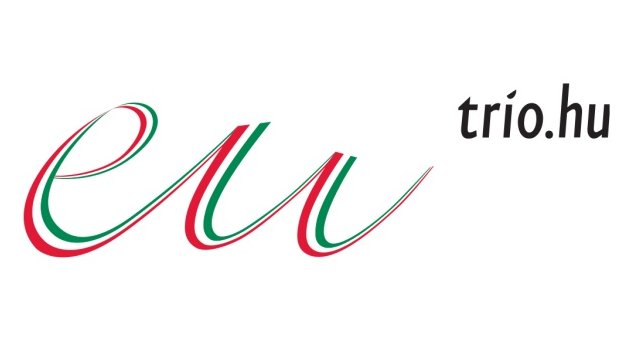EWL issues 8 Priorities for the incoming Hungarian Presidency of the EU

[Brussels, 10 December 2010] On 01 January 2011, the Presidency of the Council of the European Union (EU) will pass from Belgium to Hungary. The European Women’s Lobby (EWL), with more than 2500 member organisations the largest association of women’s organisations in the EU, calls on the Hungarian Presidency to continue to be a driving force for women’s rights in Europe and, in particular, to ensure progress in the adoption of gender-related legislation which is currently on the table and to ensure the full integration of women’s rights and of a gender equality perspective in European social and economic policies.
Furthermore, the EWL hereby expresses its hope that the Hungarian Presidency will provide during its tenure progressive and ambitious leadership to the Council of the European Union in its policy and legislative tasks, in relation to issues related to women’s human rights, in particular the fight against all forms of male violence against women and the guarantee of women’s sexual and reproductive rights.
The European Women’s Lobby calls on the Hungarian Presidency to:
1. Take the lead in ensuring the adoption of a strong instrument by the Council of Ministers to follow up on the Gender Pact, in order to provide for an endorsement and implementation at Member State level of the European Strategy on Equality between Women and Men 2010-2015 adopted by the European Commission.
2. Ensure the adoption of a comprehensive proposal for a European Strategy on eradicating all forms of male violence against women in the EU and call on the European Commission and the Council to work on legal instruments as part of this Strategy for a Europe free from all forms of male violence against women (including prostitution).
3. Take a leadership role in the Council negotiations aiming at the revision of the maternity leave Directive. This revision should include the increase of maternity leave provisions from 14 weeks to 20 weeks and the introduction of two weeks leave for new fathers, both fully paid, as provided for in the legislative Resolution adopted by the European Parliament on 20.10.2010.
4. Ensure that all women benefit from the highest standards of sexual and reproductive health and rights, in particular women from vulnerable groups who are at risk of discriminatory practices (forced sterilisation, forced genital mutilation, lack of access to safe abortion, lack of access to family planning, discrimination in the access to Assisted Reproductive Technologies, etc.).
5. Take a leadership role in the Council negotiations in order to progress towards the adoption of the draft Directive combating discrimination on grounds of religion or belief, age, disability or sexual orientation building on the European Parliament Resolution and the proposals made by the EWL and anti-discrimination networks.
6. Ensure that all Presidency family-related policies and activities take into account all forms of families, including same-sex families and single parent families. Such policies and activities should include a strong women’s rights and gender equality perspective. This covers the development of the care economy as part of the reconciliation of work and family life and as a source of job creation for both women and men, including improvements in pay and employment conditions in the care sector. Such activities should also aim at the equal sharing of paid and unpaid work between women and men and measures for the fulfilment and strengthening of the Barcelona targets on childcare and the adoption of new targets for other groups of dependants, children over six or older people for example. Family-related policies should also ensure that women’s human rights to health, including sexual and reproductive health rights, are guaranteed and promoted within the EU.
7. Ensure that the promotion of equality between women and men, quality employment for women and men, social services and sustainable social development are at the core of the implementation, reporting and monitoring mechanisms of the Europe 2020 Strategy.
8. Take steps to address current cutbacks in resources for EU level, governmental and non-governmental work on women’s right and gender equality in internal and external policies and in relation to public services, ensuring that there is no regression in the progress made over the last decades and that women do not serve as a buffer for the direct and indirect effects of the economic, social and financial crisis. This aspect should be fully taken into account in the ongoing discussions related to the European Multi Annual Financial Framework 2014+.




